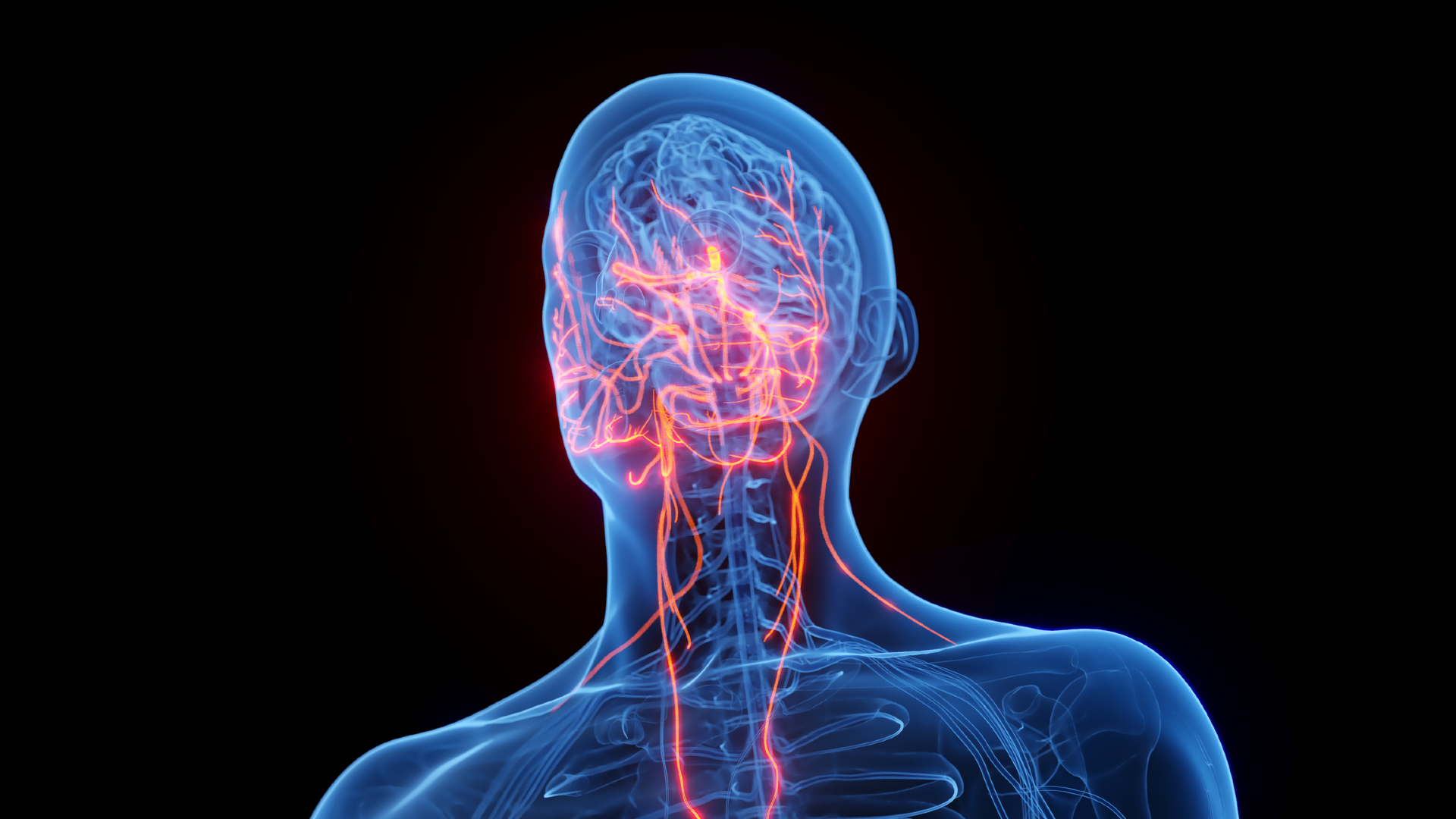
60 college students caught COVID-19 on a spring break trip to Mexico
More than 180 students from Austin visited Cabo San Lucas as part of the trip in mid-March.

Get the world’s most fascinating discoveries delivered straight to your inbox.
You are now subscribed
Your newsletter sign-up was successful
Want to add more newsletters?

Delivered Daily
Daily Newsletter
Sign up for the latest discoveries, groundbreaking research and fascinating breakthroughs that impact you and the wider world direct to your inbox.

Once a week
Life's Little Mysteries
Feed your curiosity with an exclusive mystery every week, solved with science and delivered direct to your inbox before it's seen anywhere else.

Once a week
How It Works
Sign up to our free science & technology newsletter for your weekly fix of fascinating articles, quick quizzes, amazing images, and more

Delivered daily
Space.com Newsletter
Breaking space news, the latest updates on rocket launches, skywatching events and more!

Once a month
Watch This Space
Sign up to our monthly entertainment newsletter to keep up with all our coverage of the latest sci-fi and space movies, tv shows, games and books.

Once a week
Night Sky This Week
Discover this week's must-see night sky events, moon phases, and stunning astrophotos. Sign up for our skywatching newsletter and explore the universe with us!
Join the club
Get full access to premium articles, exclusive features and a growing list of member rewards.
Dozens of college students from Austin contracted COVID-19 after a spring-break trip to Mexico, according to a new report.
Officials first learned of the outbreak in late March when three students at the University of Texas at Austin developed symptoms including cough, sore throat and shortness of breath, and tested positive for COVID-19.
All three students said they had been part of a large spring-break trip to Cabo San Lucas, Mexico, which took place from March 14 to 19, according to the report, published today (June 24) in the journal Morbidity and Mortality Weekly Report.
Through contact tracing, officials identified and interviewed nearly 300 people who were either part of the trip or had contact with travelers. Of these, 231 were tested for COVID-19, including 183 travelers, 13 household contacts and 35 community contacts.
Overall, 64 people tested positive, including 60 of the spring-break travelers, three community contacts and one household contact. Of these, 78% had symptoms — including cough, sore throat, headache, loss of sense of smell or taste and fever — and 22% were asymptomatic at the time they were tested. No hospitalizations or deaths occurred.
Many of the spring breakers reported sharing housing with other students in both Mexico and on their return to Austin, which likely contributed to the spread of the illness through exposure and reexposure to the virus, the authors said. Indeed, such shared housing, which is common among college students "might lead to propagated spread, similar to the continued person-to-person transmission observed in long-term care facilities," they wrote.
The report shows that "contact tracing and testing of all contacts, including those who are asymptomatic, is important in controlling future COVID-19 outbreaks that might occur as schools and universities consider reopening," the authors concluded.
Get the world’s most fascinating discoveries delivered straight to your inbox.
- 9 Ways Going to College Affects Your Health
- 20 of the worst epidemics and pandemics in history
- Going viral: 6 new findings about viruses
Originally published on Live Science.
OFFER: Save 45% on 'How It Works' 'All About Space' and 'All About History'!
For a limited time, you can take out a digital subscription to any of our best-selling science magazines for just $2.38 per month, or 45% off the standard price for the first three months.

Rachael is a Live Science contributor, and was a former channel editor and senior writer for Live Science between 2010 and 2022. She has a master's degree in journalism from New York University's Science, Health and Environmental Reporting Program. She also holds a B.S. in molecular biology and an M.S. in biology from the University of California, San Diego. Her work has appeared in Scienceline, The Washington Post and Scientific American.
 Live Science Plus
Live Science Plus











